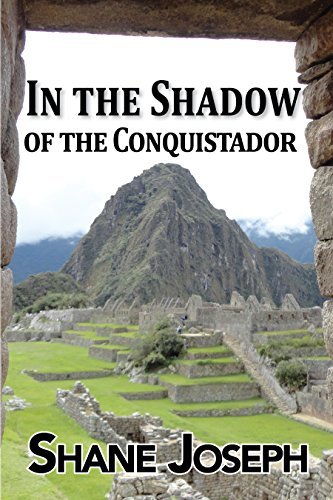What do you think?
Rate this book


246 pages, Kindle Edition
First published October 1, 2015

He felt his life was heading towards its climax and it would happen here in Peru, amidst the ghosts and skeletons of the conquistadors who had blatantly raped and pillaged to achieve their selfish ends, but who had built their empires and left their stamp on the world. It was exhilarating too, this feeling of connectedness with history, to realize that he was not alone, despite the delinquent life he had led.
My dreams were of George dressed as a Spanish conquistador and me as an Inca chief in Spanish clothes, colonizing parts of South America. We had divided the continent between us, taking countries at random. At last, we faced each other in Machu Picchu – there were no more colonies to take, just each other's. The Puma head on top of Saksyawaman had been replaced by a naked Denise – sexy woman, as she was called. We circled each other for the final duel, him spewing vomit at me, and me shitting in his face. I awoke in a rush, a cry in my throat.
I feel like the ravaged land of the Inca myself, letting two conquerors, first self-indulgent George, then quiet and controlling Jimmy, have their way with me. Five years later, I am still trying to emerge from their shadow, and have now given up trying. I am what I am, or what they have made me.